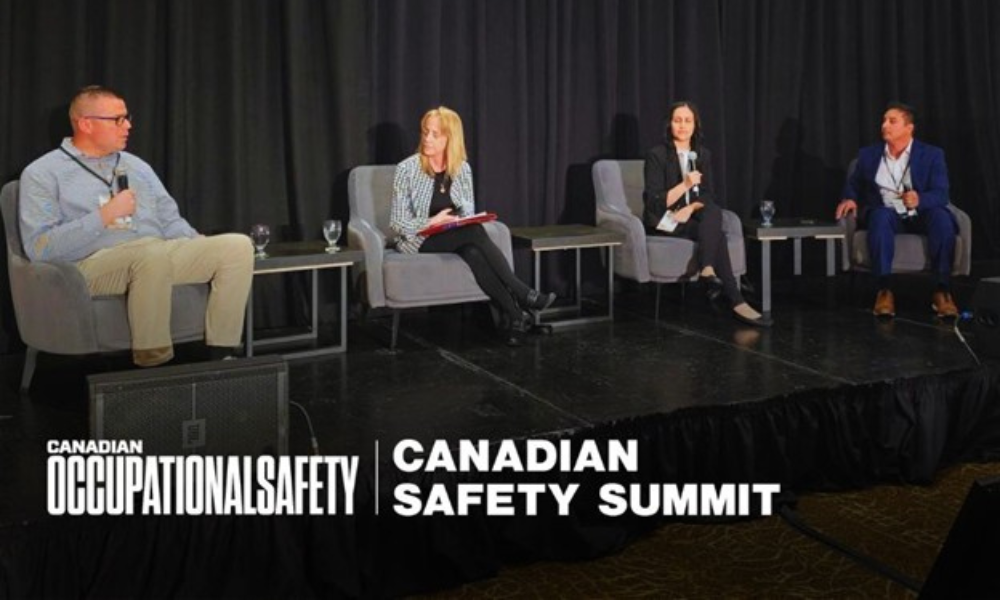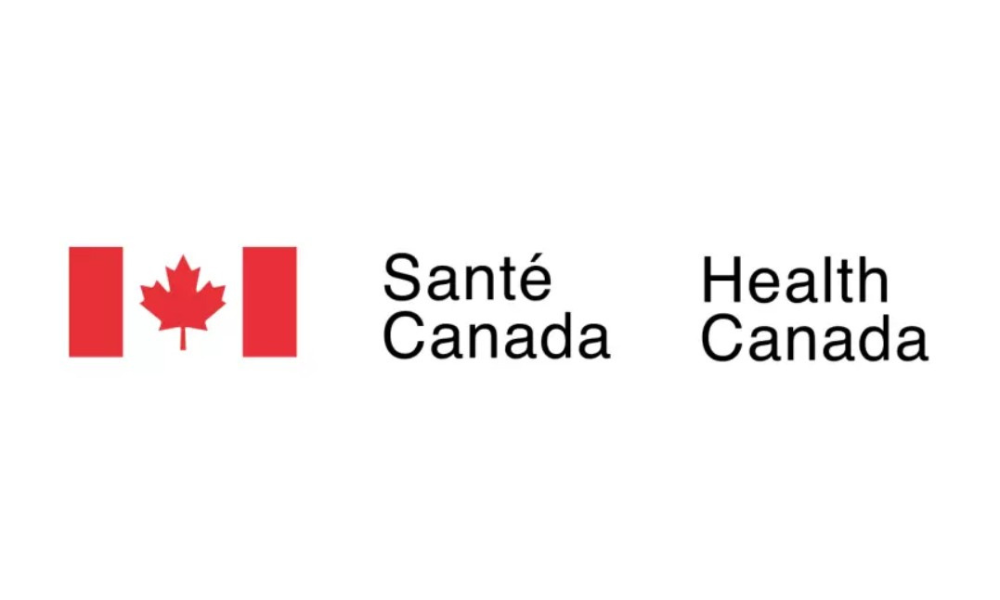Insights from a panel discussion at the Canadian Safety Summit

At the recent Canadian Safety Summit, industry experts came together to explore the importance of psychological safety in the workplace. I had the privilege of moderating a panel titled ‘Addressing psychological safety and mental health.’ It featured Sarah Abdul-Rasoul, safety analyst at Toyota Motor Manufacturing Canada, Stephen Agla, director of EHS at Aecon Group Inc., and Robin Angel, strategic advisor OHS at Correctional Services, Department of Justice, Nova Scotia. Our discussion revealed key strategies for fostering psychological safety, the challenges organizations face, and the tools and resources essential for success.
Psychological safety has become a cornerstone of employee well-being, significantly impacting productivity, retention, and overall safety. "In construction, we're double the national average when it comes down to suicide rates in Canada. Substance use disorders are similar as well," noted Agla, setting the stage for the urgent need to address mental health in the workplace.
Implementing a psychological safety program
Angel detailed her experience piloting a peer support program during the pandemic. "We were approached to pilot a peer support program...because of the high rates of suicides. It wasn't just about the numbers but the impact on everyone involved," she shared, referring to both inmates and correctional officers. This approach highlighted the importance of addressing psychological risks head-on.
Abdul-Rasoul explained Toyota's efforts to promote mental well-being through dedicated initiatives. "We celebrated Mental Health Awareness Month by implementing surveys, sending out communications, and introducing new training programs," she said. These efforts aimed to reduce the stigma associated with mental health and encourage open conversations. Toyota also hired a third-party to assess psychological safety, create a plan, and a framework for measuring success.
But those measurements of success can vary depending on industry, and it may be difficult to know if your psychological safety program is working. “The problem is how to measure,” explained Agla, “how do we know we're truly being successful?" He says AECON focuses on the people, and what they’re saying as one way to gauge progress but noted it’s challenging in construction to create KPIs rooted in data.
Angel, however, has KPIs attached to specific numbers. "We track the number of incidents, feedback from supervisors in distress, and critical incident stress management. Suicides and attempted suicides are also KPIs for us," she explained. These metrics offer a tangible way to assess the impact of psychological safety initiatives.
Leveraging technology and training
Technology plays a crucial role in monitoring and supporting psychological safety. Abdul-Rasoul described Toyota's use of personal heat stress monitors. "These monitors take real-time data of core body temperature, exertion levels, and heart rates, alerting team members if they are at risk," she noted, suggesting it has been an effective tool for reading stress levels of employees. This proactive approach helps ensure a safer work environment.
Training programs are equally vital. Toyota's "Key Person Advice Line training" proved effective in a critical situation where a supervisor helped a team member experiencing suicidal thoughts. "She followed our protocol and ensured the team member received the necessary help," recounted Abdul-Rasoul, as part of an emotional anecdote shared during the discussion.
Overcoming challenges
Implementing psychological safety programs is not without its hurdles. Gaining employee buy-in and overcoming mental health stigma are significant challenges. "With over 10,000 employees, it’s tough to gain buy-in, especially with the stigma associated with mental health," admitted Abdul-Rasoul.
Angel emphasized the importance of wellness committees in addressing these challenges. "They can come up with creative ways to engage employees, like contests and events, which channel into joint operational safety committees," she explained.
Personal resilience
The panelists also shared their strategies for maintaining personal psychological resilience. Agla stressed the importance of physical activity and regular check-ins with a trusted person. "It's important to have that connection with someone who can help you out," he said.
Abdul-Rasoul highlighted the role of family support and workplace programs. "Yoga, meditation, and getting help from family, friends, and co-workers have been crucial for me," she shared.
The Canadian Safety Summit underscored the critical importance of psychological safety in the workplace. By identifying risks, promoting education, leveraging technology, and measuring success through clear KPIs, organizations can create supportive environments that prioritize employee well-being, not just for front-line workers, but for everyone, including health and safety leaders.





